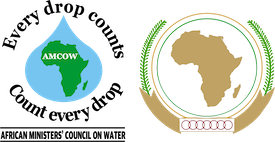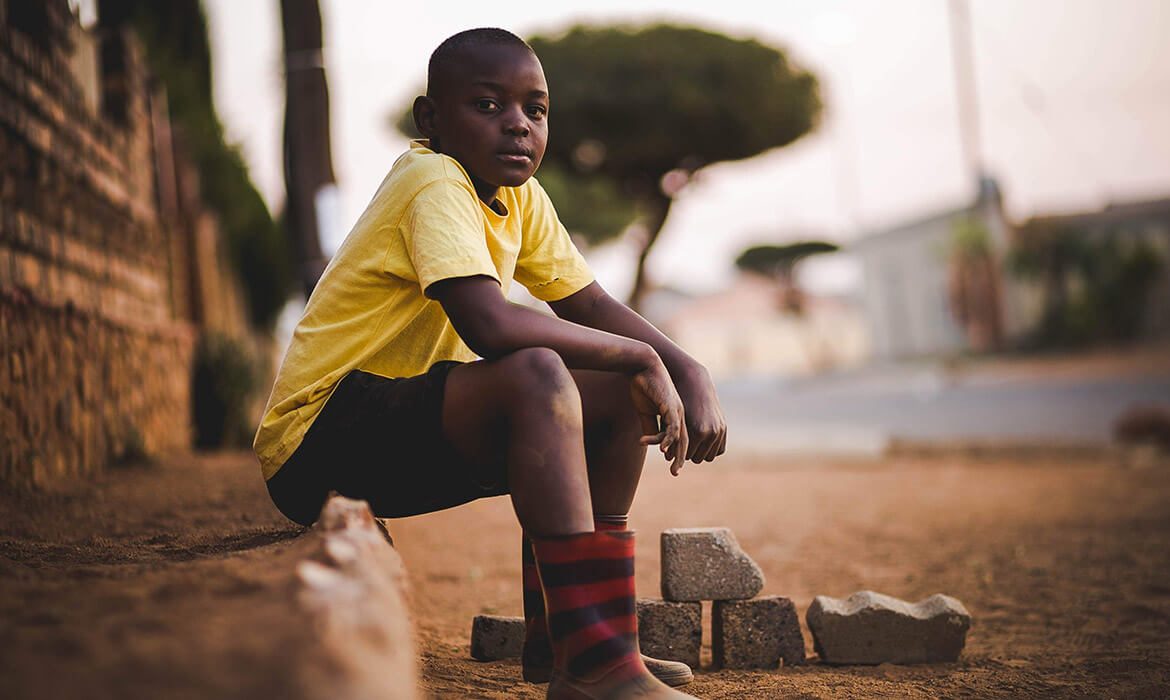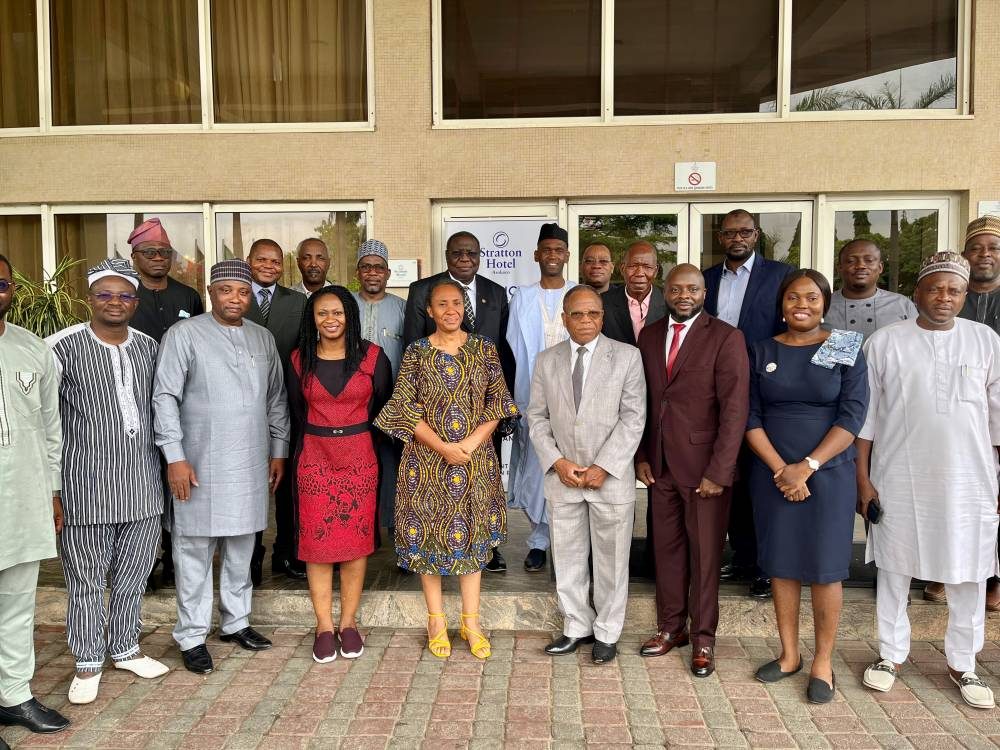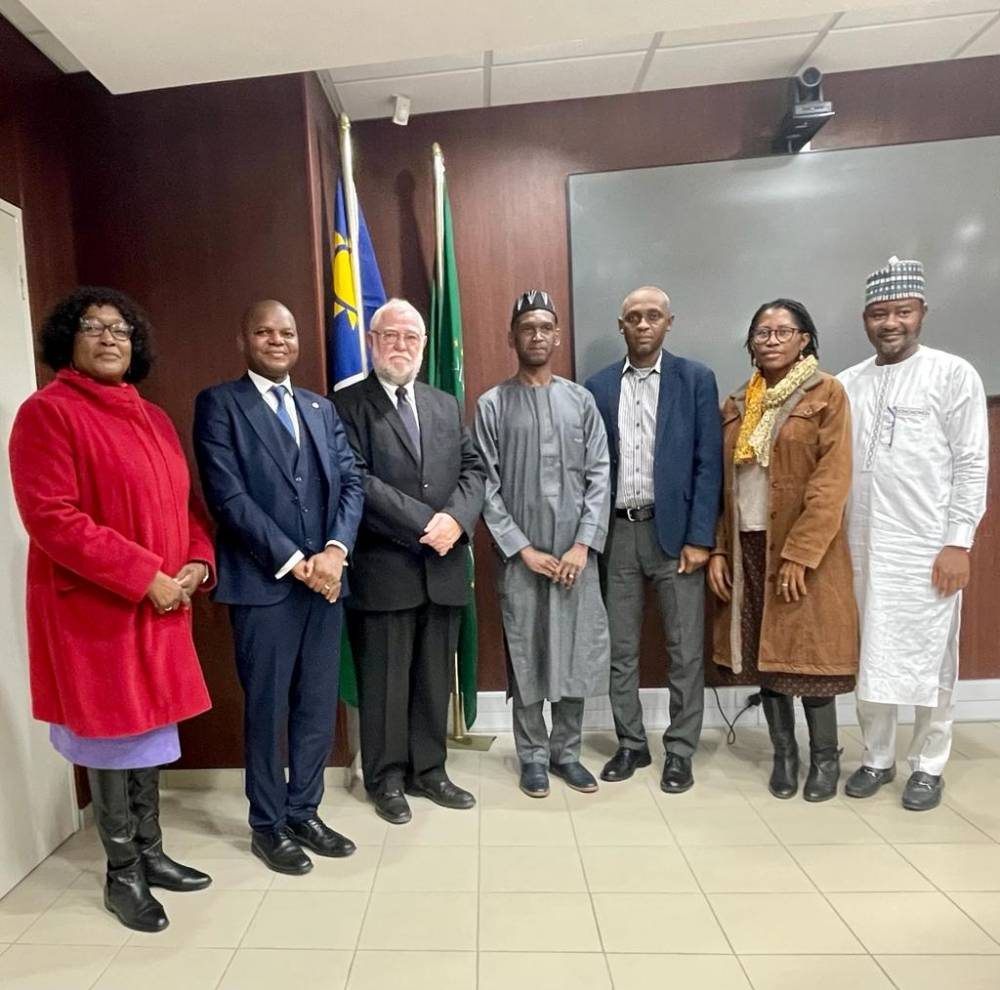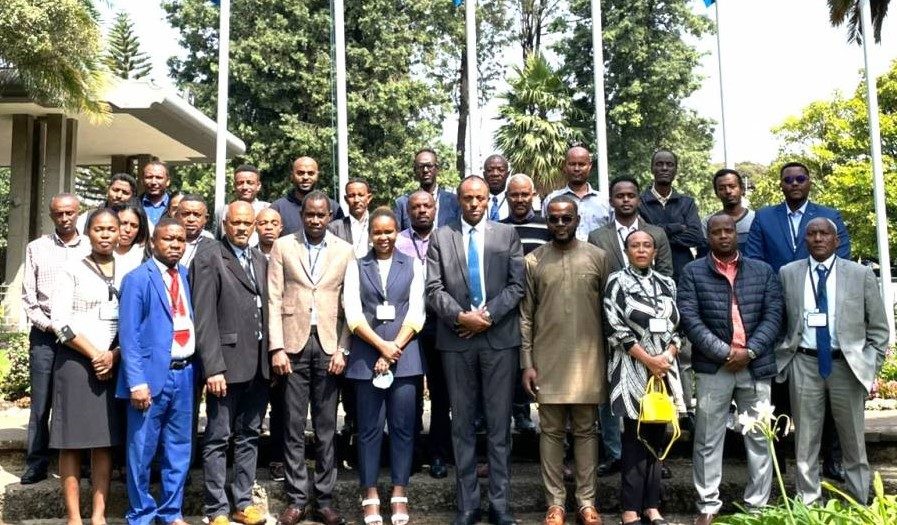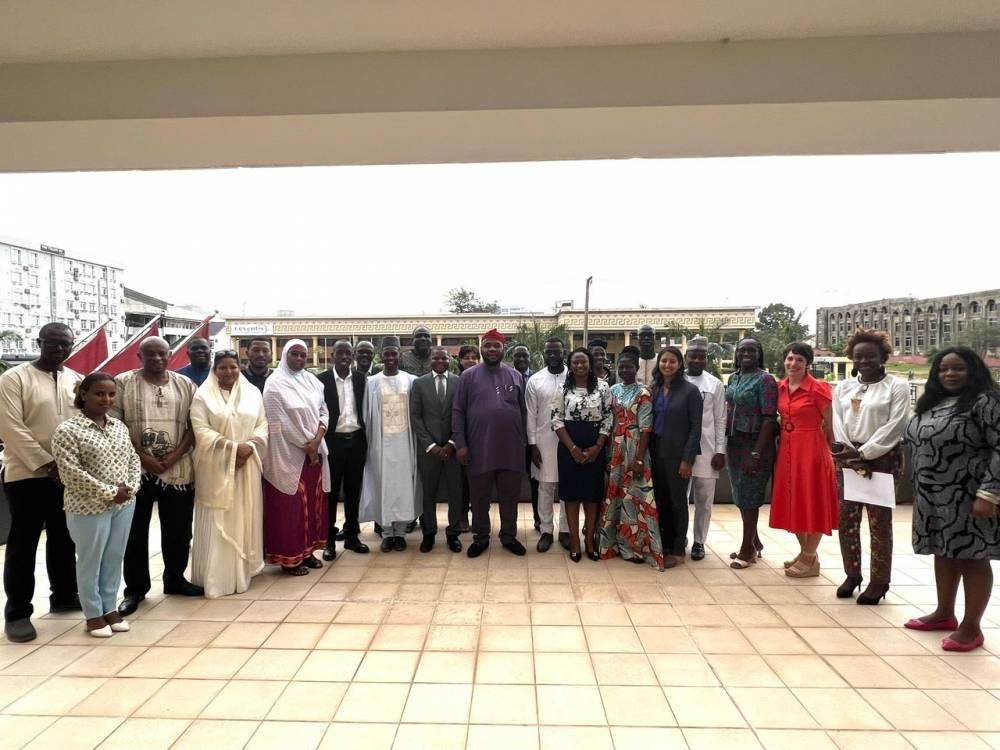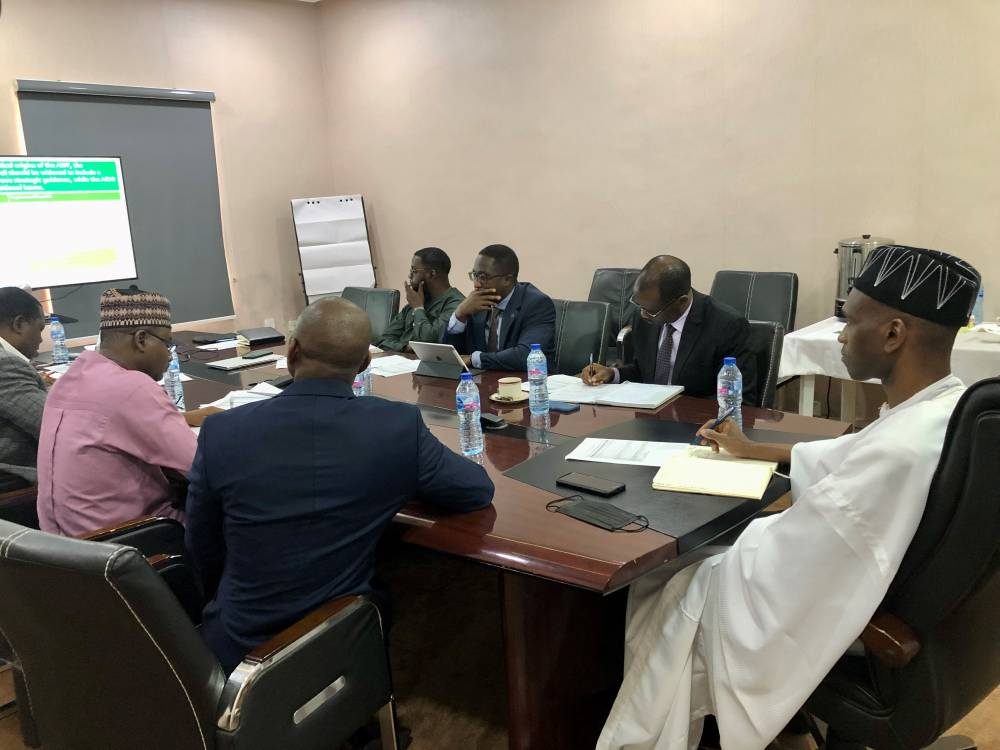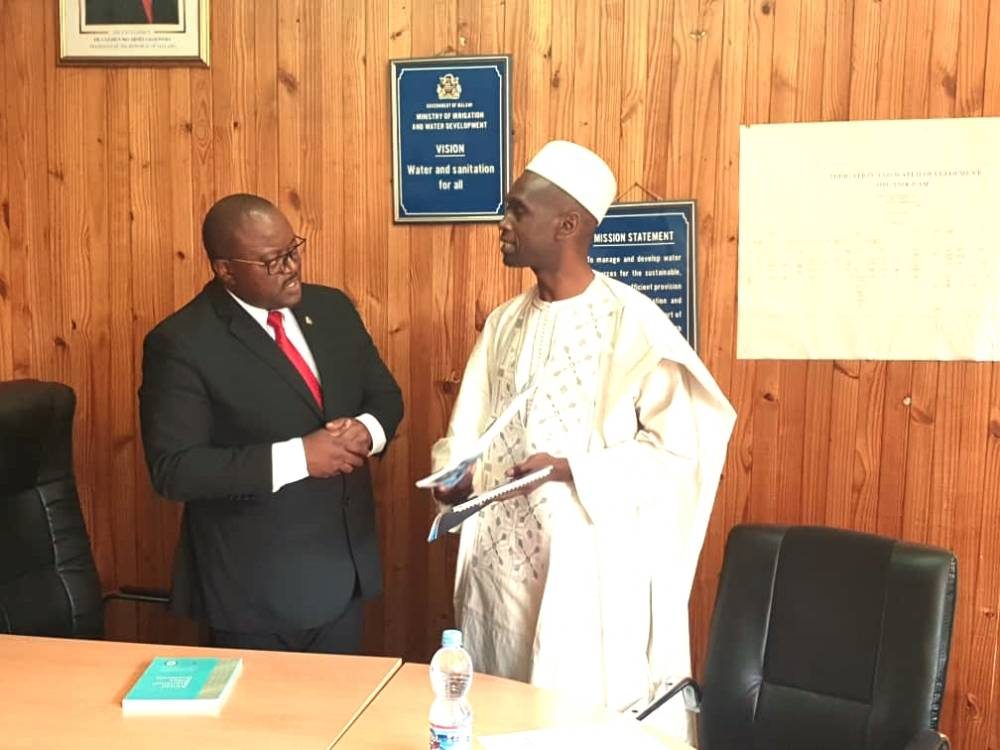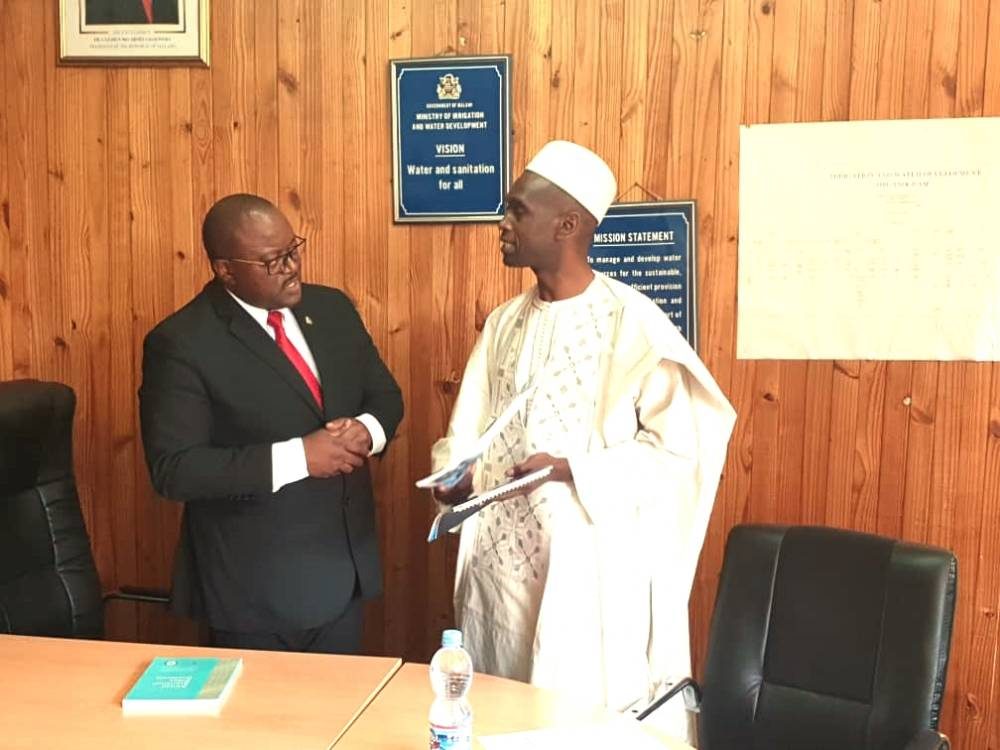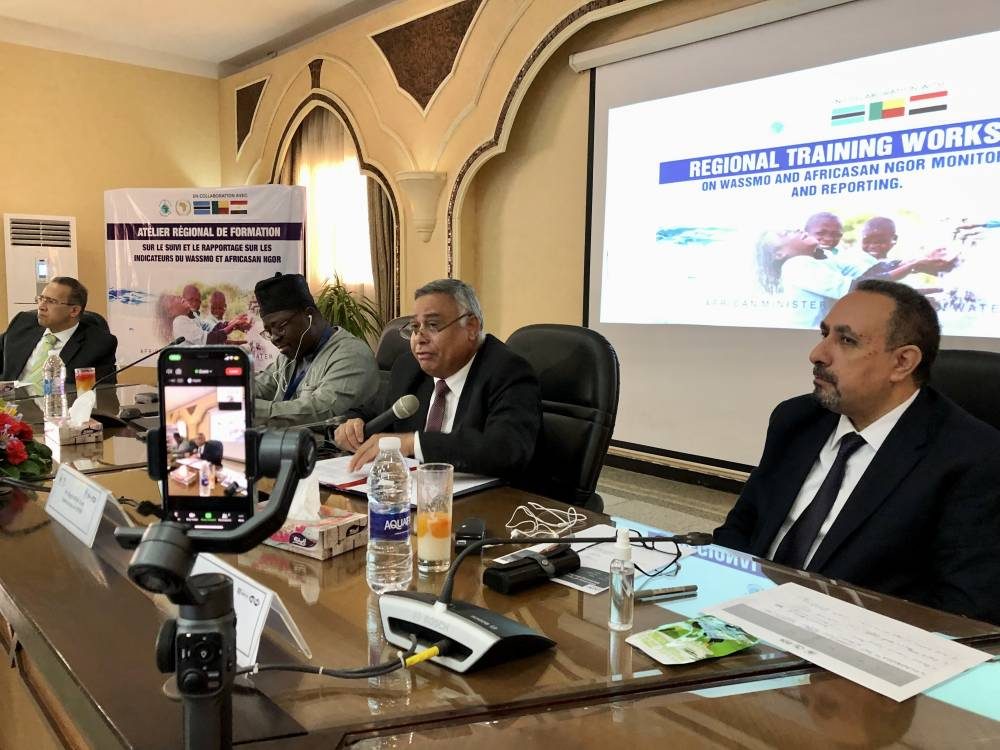Abuja, 1st June 2022 – The African Development Bank and the African Ministers Council on Water (AMCOW) came together to enhance strategic collaboration and maximize advocacy and resource mobilization to improve equitable access to water and sanitation in Africa.
The two pan-African institutions expressed determination to strengthen their relationship and collaboration during a three-day strategic dialogue held (from 1 to 3 June) in Abuja at the headquarters of the African Ministers Council on Water.
Osward Chanda, the African Development Bank’s Director of water development and sanitation department said that the strategic dialogue was critical for the relationship between the Bank and its partner. “We agreed to take actions that would help AMCOW to strengthen its leadership role in the governance of the African Water Facility (AWF) – the African Special Fund for preparation of water supply and sanitation projects, and in its efforts to mobilize more support and resources from African governments and international partners,” said Mr Chanda.
The meeting in Abuja also agreed on ways to address some of the key issues identified in the 2019 African Water Facility evaluation. Dr Rashid Mbaziira, the AMCOW Executive Secretary thanked the Bank for its commitment to improving AMCOW’s leadership role in African Water Facility’s Governing Council and in its important policy advocacy mandate to ensure high-level political support for Africa’s water and sanitation agenda.
The two teams agreed to review AMCOW Governance Framework and AWF’s Instrument to make provisions for the inclusion of women, Private Sector and Sanitation and Hygiene representatives – assuring institutional memory on the GC through mechanisms such as overlapping tenure of some members, said the AMCOW Executive Secretary.
Regarding the objective of undertaking joint resources mobilization, the African Water Facility’s Coordinator Mtchera Chirwa said that the AWF has already initiated a robust resources mobilization drive and expressed satisfaction with the support provided by AMCOW and their pledge to play a bigger role in supporting the campaign.
The AWF and AMCOW agreed to collaborate in undertaking joint advocacy by identifying key regional and international events where they will carry out joint activities. On this subject, the two institutions agreed on identifying a Presidential Champion or high-profile influencer to advocate for AWF work.
“We will work together to define the exact role and modalities of executing the function of the Champion of AWF activities,” added Dr Rashid Mbaziira.
The Bank’s delegation included Osward Chanda, Mtchera Johannes and Foday Kargbo, the finance and Resource Management officer at the African water facility, while the AMCOW team constituted the Executive Secretary, Dr Rashid Mbaziira, the Director of Finance and Administration, Thomas Banda, Acting Director of Programmes, Dr Azzika Tanko, and the Senior Policy Officers including, Water Resources Management, Prof. Moshood Tijani, Monitoring and Evaluation, Patrice Leumeni, and Knowledge Management, Communications and Visibility, Obinna Anah.
The AWF has supported AMCOW to establish the Pan African Water, Sanitation Monitoring, and Reporting System (WASSMO). A continental automated web-based System, that exclusively captures data on water and sanitation using a set of 44 harmonized progress indicators.
The Bank has pledged continued support to AMCOW to enhance its effectiveness across the Member Countries. A next step has been agreed upon for AMCOW to prepare and submit to the Bank – a proposal for sustainability funding immediately.
Media contact:
Obinna Anah, Knowledge Management, Communications and Visibility Officer,
African Ministers Council on Water
Foday Kargbo, Finance and Resource Management Officer,
African Water Facility
